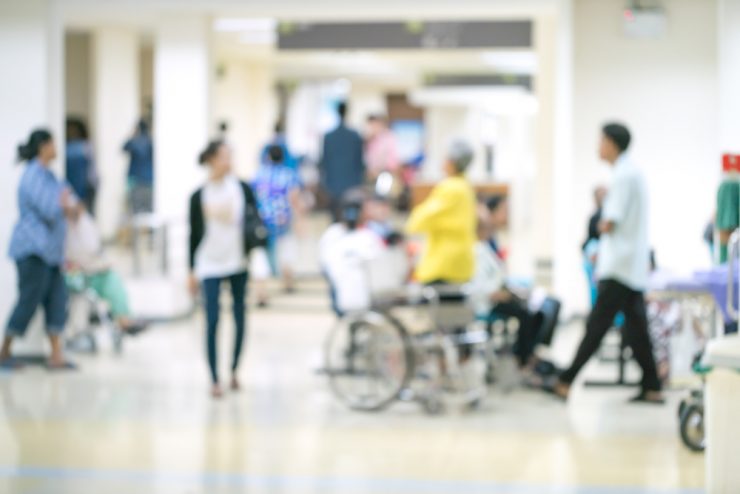Treatment – continuation from part 4
Side effects
Medicines that treat HIV can cause certain side effects in some people. After some time these side effects improve as the body adapts itself to medicines. Few commonly occurring side effects are nausea, tiredness, diarrhoea, skin rashes, mood changes, gaining fat in one part of the body while losing it on another (lipodystrophy).
Protease inhibitors are known to steeply increase sugar and cholesterol levels in blood resulting in hardening of arteries (arteriosclerosis). Arteriosclerosis increases risk of developing cardiovascular disease like heart stroke or disease. Eating healthy food, regular exercise regime and by not smoking reduces your risk to develop arteriosclerosis. Special medicines shall be given to decrease further risk. It includes medicines like statins, which reduces cholesterol level in blood. Few medicines which are anti HIV are known to cause some damage to nerves of feet and hands. This makes feet and hands go numb. These symptoms need to be reported as the treatment schedule will be changes accordingly to avoid any nerve damage in future.
There is a possibility to change the medication for HIV as the side effects can have severe affects in your day to day life. The staff at the HIV clinic needs to be informed.
Adherence
HIV medicines are extremely effective if taken at the prescribed time, without missing a single dose. In case you have missed few doses, there can be a chance for the treatment to not respond.
Following the treatment plan effectively is called as adherence. To adhere to this treatment you shall need to:
Sticking to your treatment plan is known as adherence. To adhere to treatment you need to consume medicine at given time, take recommended dose and following diet instructions – for example, some medicines should be taken during food, while others on empty stomach.
The routine should be maintained to follow the treatment plan aggressively. The HIV clinic staff shall support and advise you on the same. Medicines used to treat HIV, at times can react unpredictably in case you take some other medicines. You need to consult with the HIV clinic staff before consuming any such medicines.
Post Exposure Prophylaxis (PEP)
Development of the HIV infection in the initial 72 hours has a possibility to be stopped. It is called as post exposure prophylaxis (PEP). Anti HIV medication is prescribed for four weeks. This is used when the individual who is aware that he has been exposed to HIV virus. For example: If you are having intercourse with an infected person and then suddenly the condom tears or stabbing of HIV infected needle accidentally. There is no guarantee that PEP works effectively and this medication also causes side effects like headaches, diarrhoea, vomiting and nausea
To clear your doubts whether or not you have been affected with the HIV virus, you need to immediately contact emergency department or GUM (genitourinary or sexual health) clinic. HIV charity like Terence Higgins Trust can also suggest you where can you get PEP.
HIV and AIDS part 5

Let us know if you liked the post. That’s the only way we can improve.









